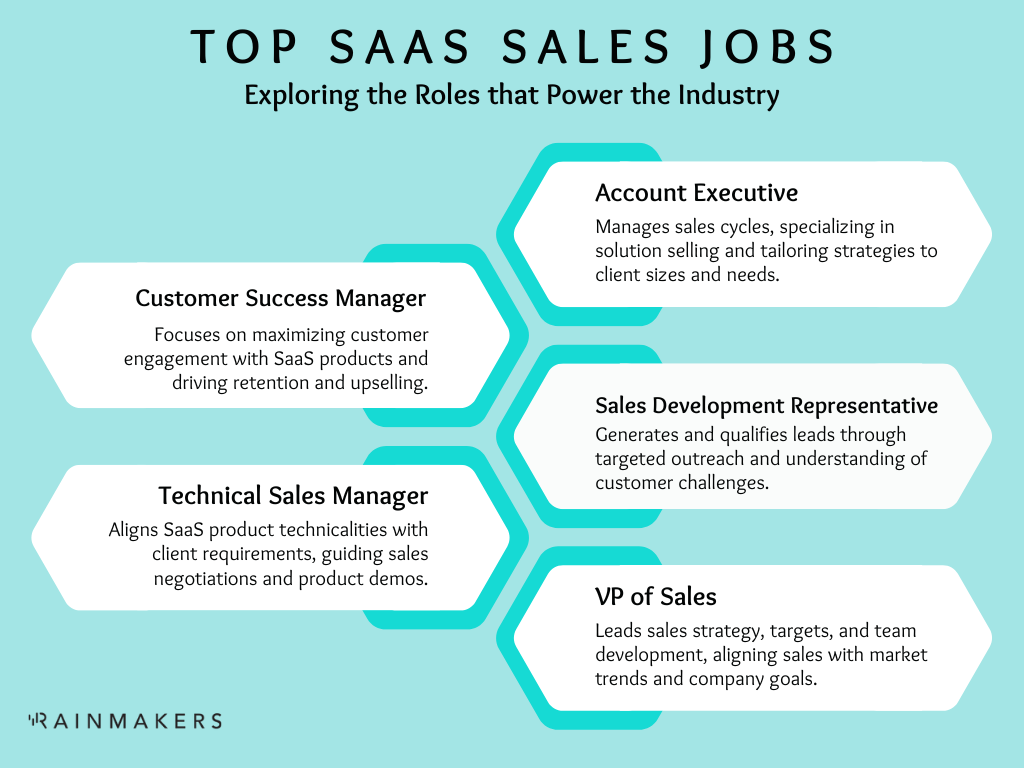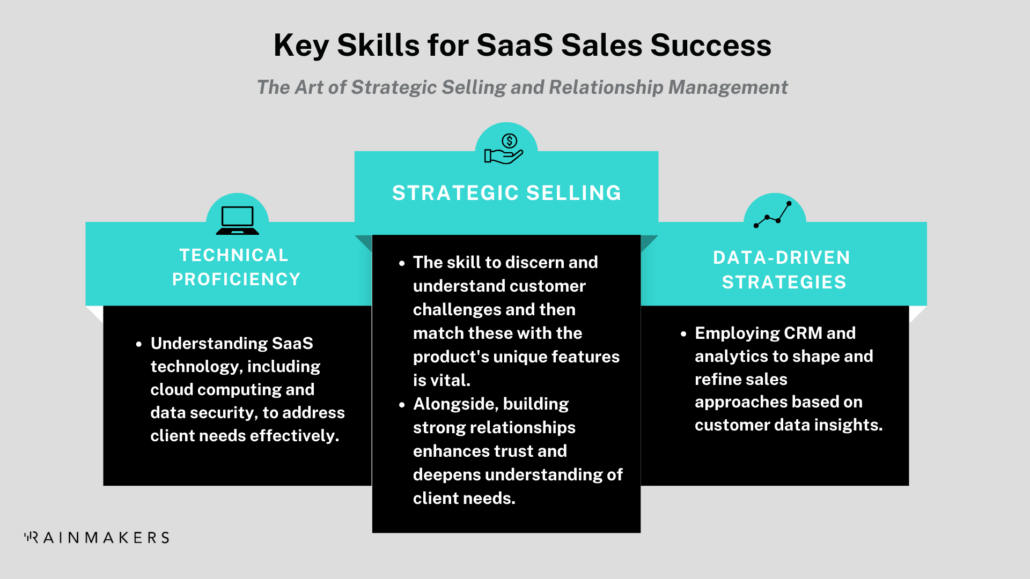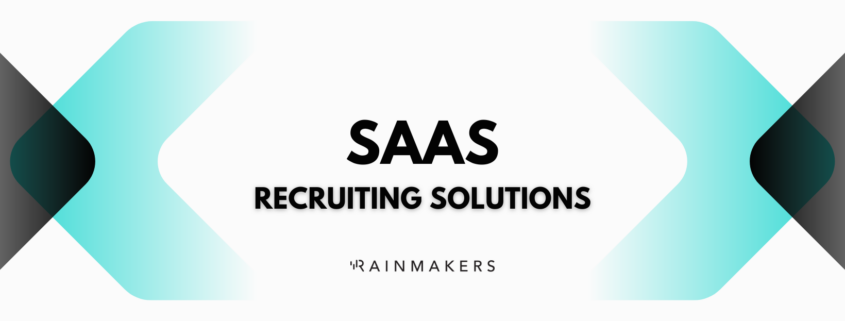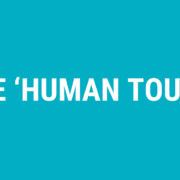A Detailed Guide to SaaS Sales Roles
The Anatomy of SaaS Sales Teams
The Software as a Service (SaaS) industry, rapidly growing and evolving, offers various opportunities for sales professionals. With the global SaaS market projected to reach $623 billion by 2023, according to Gartner, the demand for skilled sales roles in this sector is at an all-time high.
This article discusses the key sales positions within the SaaS industry, outlining their responsibilities, required skill sets, and the career pathways they offer.
In-Depth Look at SaaS Sales Roles
A company’s success hinges significantly on its sales team’s prowess and composition. Each role within this team plays a distinct and critical part in attracting leads to closing deals and ensuring customer satisfaction. Understanding these roles is key to appreciating how they interconnect to drive the growth and sustainability of a SaaS business.
Account Executive (AE)
The Account Executive (AE) is often seen as the driving force in SaaS sales teams. Tasked with managing the entire sales cycle, their role extends beyond mere selling; it’s about crafting a narrative that resonates with the client’s specific needs and challenges. AEs are experts in solution selling – a sales approach that has become increasingly vital in the SaaS domain, where products are often complex and highly customizable. They must be proficient in various sales methodologies, such as SPIN (Situation, Problem, Implication, Need-Payoff) selling or Challenger Sale, adapting their approach based on the client and situation.
A crucial aspect of an AE’s role is managing diverse deal sizes. For instance, while dealing with small-scale clients or startups, AEs might focus on demonstrating immediate value and ease of integration. In contrast, with large enterprises, the emphasis might be on scalability, security, and long-term ROI.
Customer Success Manager (CSM)
In the subscription-based SaaS business model, the Customer Success Manager (CSM) role is key. Unlike traditional sales roles, a CSM’s primary objective is to ensure that customers are realizing the full potential of their purchased SaaS solutions. This role combines technical know-how, customer service, and sales insight.
CSMs work closely with clients post-sale, guiding them through onboarding and ensuring that the product integrates seamlessly into their existing systems and workflows.
Their responsibilities extend to regular check-ins, providing training and resources, and acting as the voice of the customer within their organization. By doing so, they enhance customer satisfaction and retention and identify opportunities for upselling and cross-selling.
Analyzing customer usage data, gathering feedback, and communicating this effectively with product teams is crucial for a CSM, as it directly impacts product improvements and customer satisfaction.

Sales Development Representative (SDR)
Sales Development Representatives (SDRs) are often the first point of contact between a SaaS company and its potential customers. Their primary role is to generate and qualify leads, a critical step in filling the sales pipeline. SDRs use a combination of outreach strategies, including cold calling, email campaigns, and social media engagement, to connect with potential leads.
The effectiveness of an SDR is measured not just in the number of leads generated but in the quality of these leads – meaning how likely they are to convert into paying customers. This requires a strong understanding of the target market, including customer pain points, industry challenges, and how the SaaS product can address these issues. Speed and responsiveness are key, as timely engagement can significantly increase the chances of lead conversion.
Technical Sales Manager
Technical Sales Manager’s role requires a deep understanding of the SaaS platform’s architecture, compatibility with various systems, compliance with data security standards like GDPR, and scalability options. They often collaborate with the product development teams to relay customer feedback and help tailor the product to market needs.
A key responsibility is to assist the sales team in complex technical negotiations and discussions, ensuring that the product’s technical aspects are communicated and aligned with the client’s requirements. Their expertise is crucial during product demonstrations, where they showcase how the SaaS solution can solve specific business problems, often customizing these demos to reflect the client’s environment.
VP of Sales
The VP of Sales is a strategic role responsible for the overall health of the sales department. This includes setting sales targets, defining key performance indicators (KPIs), and developing strategies to achieve these goals. The role demands a keen understanding of market trends, competitor activities, and customer needs.
They are responsible for building an agile, customer-focused, and data-driven sales culture. This involves training and mentoring sales teams, implementing effective sales processes, and ensuring the adoption of the latest sales technologies and methodologies. The VP of Sales also plays a crucial role in aligning sales strategies with other departments, such as marketing and product development, to ensure a cohesive approach to market penetration and customer satisfaction.

Fundamental Skills for Success in SaaS Sales
Technical Knowledge
A solid grasp of the underlying technology of SaaS products is non-negotiable.
This includes understanding cloud computing principles and data security protocols like GDPR and discussing integrations and APIs confidently. Sales professionals with a technical background can engage more effectively with clients, particularly when technical queries arise during the sales process.
Strategic Selling and Relationship Building
Given the highly competitive nature of the SaaS market, strategic selling is vital. Sales professionals must excel in identifying customer pain points and aligning them with the product’s capabilities.
Building and nurturing relationships is equally important, as it helps understand and anticipate client needs, fostering trust and loyalty.
Data-Driven Approach
In today’s data-centric world, leveraging CRM tools and analytics for sales is crucial. High-performing sales teams use data-driven insights to guide their actions, as reported by Salesforce.
This approach involves tracking customer interactions, analyzing buying patterns, and customizing sales strategies based on data insights.

From Entry-Level to Leadership
Career trajectories are diverse and rich with growth opportunities. The journey often begins at the entry-level, gradually moving up through the ranks as skills and experience are gained. Here’s a snapshot of the typical career progression in SaaS sales:
- Starting as a Sales Development Representative (SDR): Focuses on lead generation and qualification, providing an introduction to the sales process and customer interaction.
- Progressing to Account Executive (AE): Involves managing the entire sales cycle, from nurturing leads to closing deals, and requires skills in solution selling, negotiation, and client relationship management.
- Advancing to Managerial Roles: Opportunities arise to become Sales Managers or Directors, overseeing sales teams, strategizing sales processes, and achieving revenue targets.
- Climbing to Executive Positions: For those with exceptional skills and leadership, roles like VP of Sales become attainable, involving strategic planning and aligning sales strategies with company goals.
Adaptability and Connections
Continuous learning and adaptation are essential for career progression. The nature of this sector demands that professionals not only keep pace with current industry trends and technological advancements but also stay ahead of them.
Pursuing relevant certifications, participating in industry events, and engaging in continuous professional development activities are vital strategies for maintaining a competitive edge.
Alongside educational growth, the importance of networking and mentorship in SaaS sales cannot be overstated. Building a robust professional network opens new opportunities and provides insights into best practices and emerging trends.
Join Rainmakers: Your Gateway to SaaS Sales Opportunities
Whether you’re a company seeking to bolster your sales team with top talent or a job seeker aiming to carve out a successful career in SaaS sales, Rainmakers offers the platform to connect with premier opportunities in the SaaS space.
Employers, discover how Rainmakers can help you find the sales talent you need to drive your SaaS solutions forward.
Job Seekers, join Rainmakers today to match your skills with the perfect SaaS sales opportunities, and embark on a rewarding career path.










